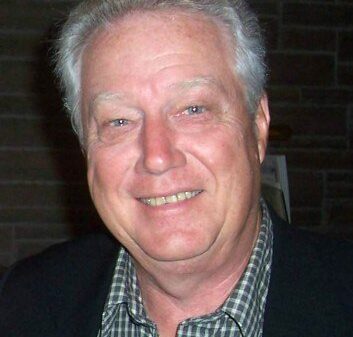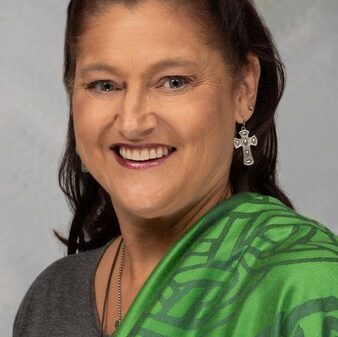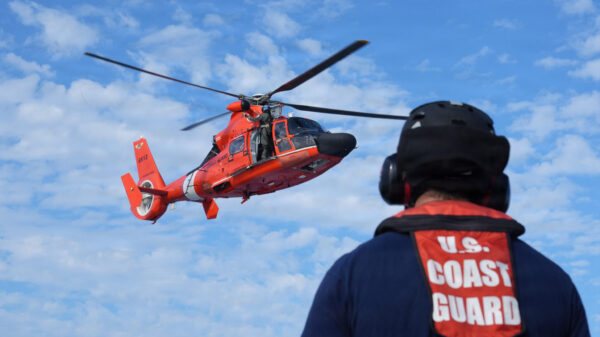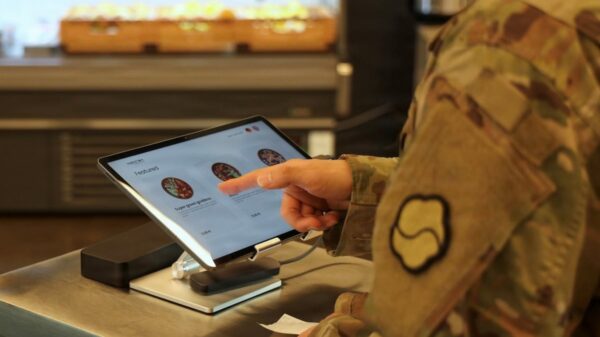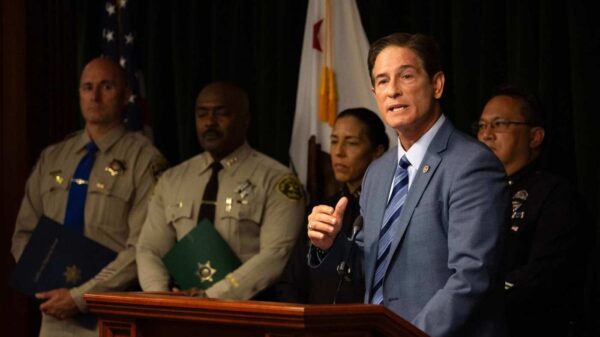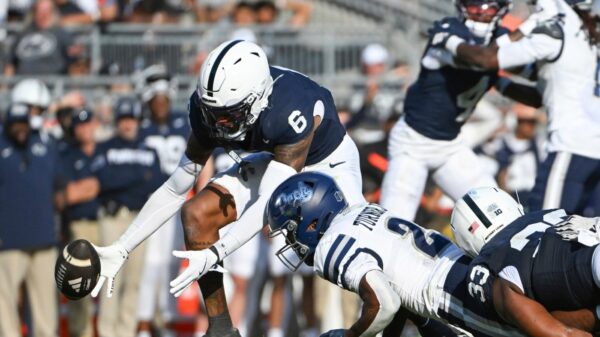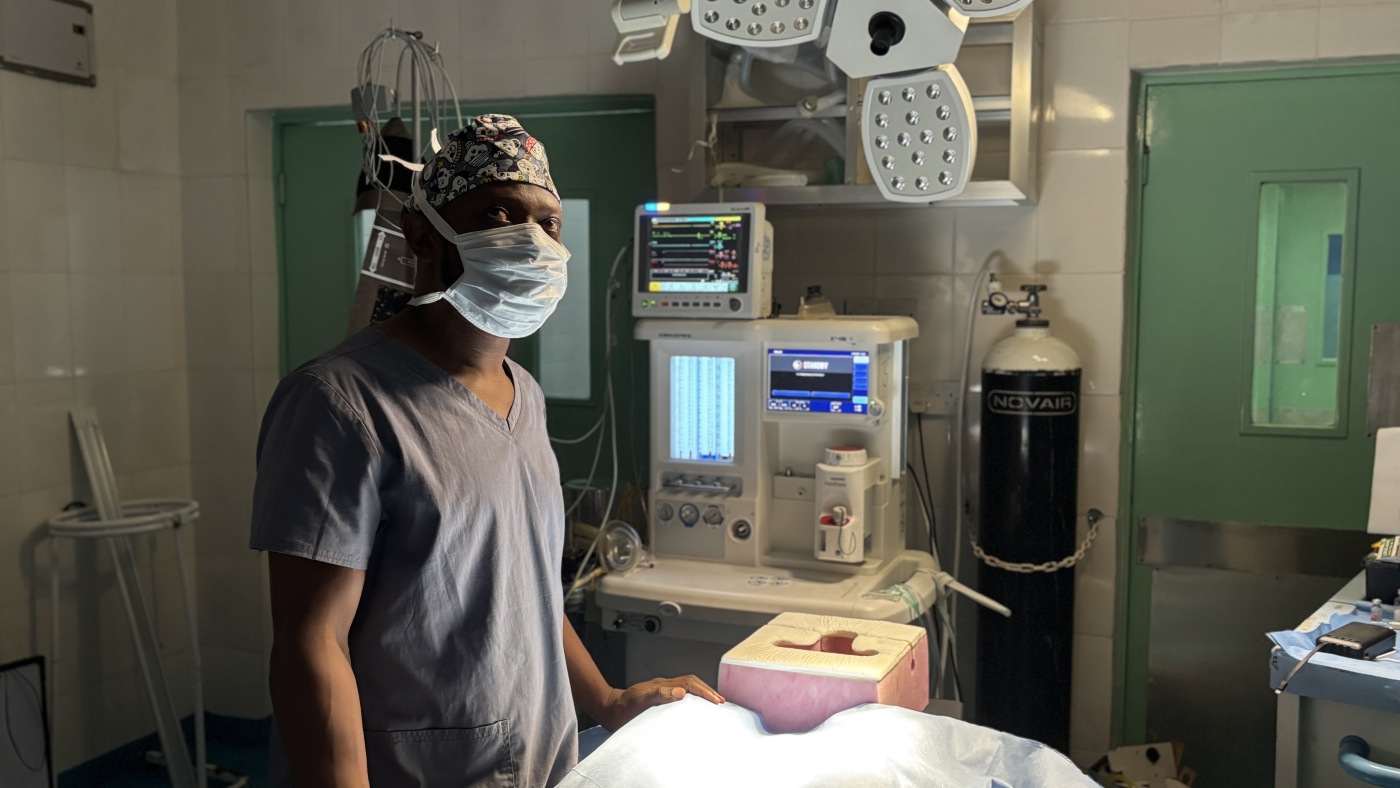Morie Abibu, a 56-year-old man from Sierra Leone, faced a life-threatening condition due to a tumor pressing against his spinal cord. Paralyzed from the neck down, he lay helpless in Connaught Hospital, where immediate neurosurgery became his only chance of survival. This situation reflects the stark reality for many in a country where neurosurgical care was virtually nonexistent until the arrival of Dr. Alieu Kamara, the first and only neurosurgeon in Sierra Leone.
Since starting his practice in January 2025, Kamara has taken on the immense responsibility of addressing the neurosurgical needs of a population of eight million. According to Dr. Marco Lee, past president of the Western Neurosurgical Society, Abibu’s condition was dire: “Without surgery, he will have a devastating end of life.” Now, with Kamara’s expertise, there is hope where there was once despair.
Building a Neurosurgical Future
Before Kamara’s arrival, Sierra Leonean patients suffering from traumatic injuries or neurological disorders had limited options. Dr. Kehinde Oluwadiya, acting chief medical director at the University of Sierra Leone Teaching Hospital Complex, noted that without access to neurosurgery, many faced either death or severe disability. As Kamara began to operate, support from organizations like Mission Brain became crucial.
In May 2025, April Sabangan, the CEO of Mission Brain, visited Sierra Leone with two surgeons from Stanford University, Dr. Seunggu Han and Dr. Silvia Vaca. Their visit aimed to bolster Kamara’s efforts in establishing a neurosurgical department at Connaught Hospital. The facility, equipped with only two operating rooms shared among various specialties, posed significant challenges, but Kamara was determined to make a difference.
The surgical team prepared for Abibu’s operation under difficult circumstances. As they set up the operating room, makeshift solutions were necessary. Bolsters were created from rolled-up surgical gowns, and a ladder was used to replace burnt-out bulbs. The atmosphere was tense, but Kamara’s focus remained unwavering as he made the first incision.
Overcoming Obstacles in Surgery
During the operation, complications arose when the power went out multiple times, a common occurrence during Sierra Leone’s rainy season. With only battery-powered surgical lights to guide them, the team pressed on. Kamara successfully removed a tumor from Abibu’s spine, a historic feat marking the first-ever spine surgery in the country.
After three hours, Abibu was stabilized, and Kamara’s determination paid off. Six hours post-surgery, Abibu showed signs of recovery when he managed to move his toes, an outcome that Vaca described as “almost unheard of.” This moment highlighted the profound impact of Kamara’s work, not just for Abibu but for the future of neurosurgery in Sierra Leone.
Kamara’s journey to becoming a neurosurgeon was fraught with challenges. Born in a small village, he faced the adversities of a civil war that disrupted his education. After overcoming numerous obstacles, including financial hardship, he studied medicine in Jilin, China, for 12 years, earning his MD and Ph.D. in orthopedic surgery.
Upon his return to Sierra Leone in 2020, Kamara found himself limited to treating orthopedic cases due to the lack of a neurosurgical department. The need for specialized care was evident, and his desire to pursue further training became paramount.
The mission to establish a neurosurgical program in Sierra Leone gained momentum through the efforts of individuals like Fatu Conteh, a neurosurgery resident in California. After witnessing her grandmother’s stroke in 2021, Conteh connected with hospital officials to advocate for the establishment of a neurosurgical service. Her collaboration with Kamara and organizations like Mission Brain laid the groundwork for a sustainable surgical program.
A Vision for the Future
Despite the success of Kamara’s initial surgeries, the challenges remain significant. Connaught Hospital often struggles with limited supplies, and patients frequently face financial barriers to treatment. Abibu’s family had to borrow $300, a substantial sum considering it equates to half the average annual income for a local family.
Kamara and his team are committed to improving patient outcomes. The government is investing in sustainable systems, including a dedicated neurosurgery ward and a new CT scanner for Connaught Hospital. With Mission Brain’s support, 24 nurses have been trained in neurotrauma management, contributing to the hospital’s capacity.
Kamara’s approach is holistic; he aims to inspire a new generation of medical professionals. He provides his phone number to all his patients, ensuring they have access to support whenever needed. His dedication exemplifies his vision for a self-sufficient neurosurgical program that can meet the country’s needs.
As Kamara continues to build on this foundation, he remains hopeful. “I work around the clock, seven days a week. The ultimate goal for neurosurgery in Sierra Leone is for us to be self-sufficient,” he stated. His journey is a testament to resilience, innovation, and the power of collaboration in transforming healthcare in Sierra Leone.

